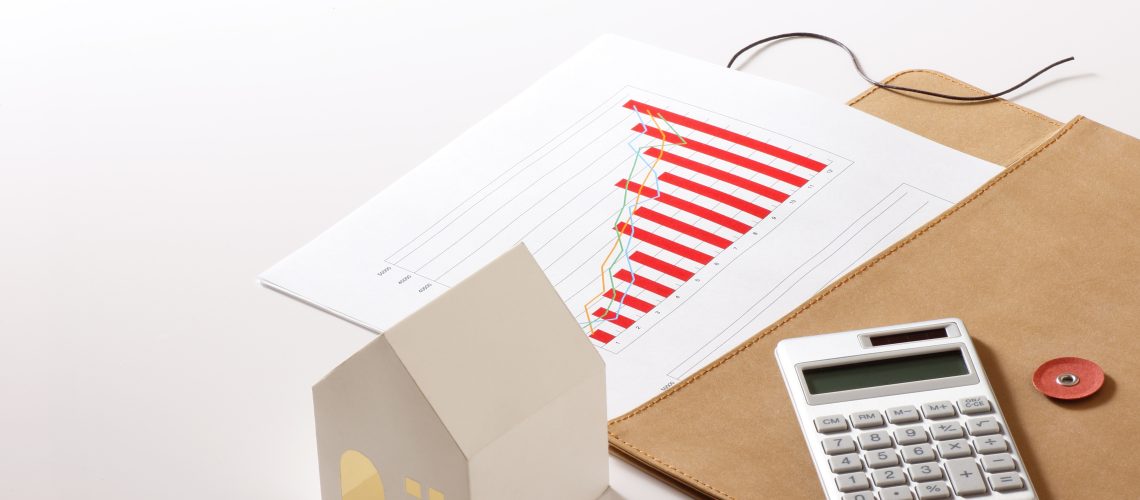Will the UK’s Interest Rate Rise in 2016?
This article is for information only and no recommendation is being made or should be construed from the contents of the article. Always seek independent financial advice prior to taking any action.
Since the Bank Rate was reduced to 0.5 per cent over 6 years ago, there have been numerous predictions over the years of a rate rise. The latest was last year when it was predicted to go up by the end of 2015. Now here we are in 2016 and we are still at the record low rate.
Why is this? And is it going to last?
The good news, for some, according to the financial markets, is that the Bank Rate looks set to remain fixed at 0.5 per cent until well into 2019.
It was suggested that when the US saw a rise in their rate in December last year, the first in 9 years, the UK may follow, however a less positive economic outlook has had an impact and convinced the markets that the rate rises are further off than anticipated.
There are many events that have contributed to the recent gloomy economic outlook – not only the down turn in the stock market caused by China (see our Bear Market article) and the plunging oil price, but close to home with the dominant services sector within the UK suffering a sharp slowdown last month and the upcoming EU referendum.
So, as a conservative forecast, the UK interest rate should remain unchanged until at least the end of 2017. How does that help you, the consumer?
Obviously this is good news for mortgages with the cost of fixed-rate mortgages remaining historically low compared with “trackers”, especially on longer-term loans. Industry figures show that more than 90pc of those buying and remortgaging are choosing fixed rates. And rates are still falling due to the “swap rates”, the rates at which lenders “buy” money for fixed periods on money markets, falling dramatically at the start of 2016.
But obviously this isn’t such good news for Savers. It is crucial to shop around and find the best deal for your savings and Investments to give you the best return on your money. Analysis by the financial sector has suggested that the seven years of quantitative easing (QE) and record low rates had cost savers an estimated £160bn.
So when rates do go up, how quickly do they rise? Even after the first increase, the market is pricing in only very slow increases, far slower than seen in previous cycles of rising rates. A return to 3 per cent is not expected until 2025.
However, it is very important to bear in mind that economic forecasts have been wrong in the past, so do not stake any future financial investments purely on these predictions.
If you would like to find out more about the best mortgage offers available in the market or would like advice on maximising your savings and investment returns then do give one of our advisors a call on 01892 300 303.


